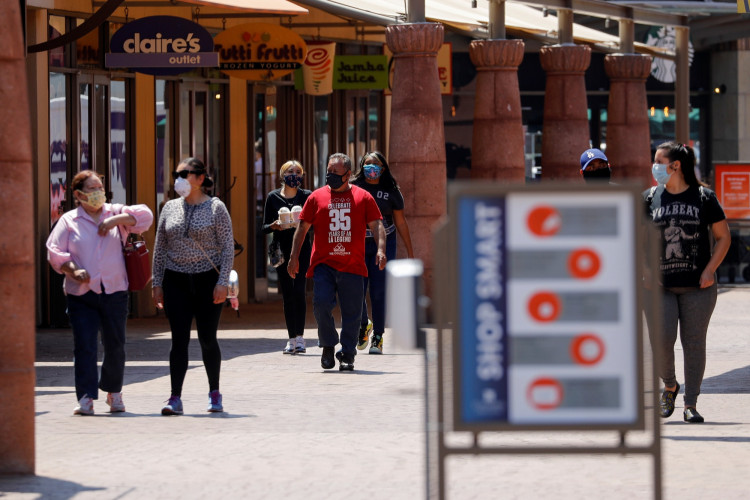The COVID-19 pandemic still tearing through the United States isn't over -- it's getting worse. Cases have jumped in at least 21 states such as Oregon, Utah, Florida and California after they reopened for business since April.
But president Donald Trump no longer talks about the pandemic, which he sees as a threat to his re-election. Instead, he's focusing on his re-election by announcing four large indoor rallies some doctors warn will turn into super spreader events.
The first of these rallies was scheduled for June 19 in the city of Tulsa in Oklahoma. This indoor rally was to have taken place at the BOK Center that can seat 19,000 people but Trump on Friday rescheduled the rally for June 20 after loud and angry protests from the African-American community.
Before the cancellation, the Trump campaign urged Republicans to attend Trump's first rally since March 3 but wanted everyone that attended to first sign an online waiver. This waiver will still apply to those that attend the rally on June 20.
The waiver states a person agrees not to sue Trump or his campaign if he gets sick with COVID-19 after the rally. This led to the obvious question that why stage a campaign if you think people will get sick from COVID-19?
"By attending the Rally, you and any guests voluntarily assume all risks related to exposure to COVID-19 and agree not to hold Donald J. Trump for President, Inc.," the rally site or organizers "liable for any illness or injury," says the website.
Trump's refusal to warn Americans to stay at home, wear facemasks (which he never does in public) and practice social distancing contributes to the false sense of confidence among Americans the pandemic is over, when it isn't. The U.S. Centers for Disease Control and Prevention (CDC) keeps telling Americans staying at home is the best defense against COVID-19.
This warning is all the more urgent since COVID-19 cases are increasing in nearly half the American states, according to an analysis by the Associated Press (AP). Arizona, Florida, Oklahoma, and Texas, the states where Trump will hold his first four campaign rallies, is among the states with a rising number of COVID-19 cases.
As of June 8, the AP analysis revealed the rolling seven-day average of new cases per capita in 21 states was higher than the average seven days earlier.
The Arizona state government has warned its hospitals to prepare for the worst. Texas is now reporting more hospitalized COVID-19 patients than ever. North Carolina recently broke its record of the number of people hospitalized with COVID-19.
"It is a disaster that spreads," said Dr. Jay Butler, who oversees coronavirus response work at the CDC.
CNN agrees with AP that COVID-19 cases are increasing. It said cases in 19 states are trending upwards; cases in seven states are almost flat while 24 states see a decreasing number.
American health experts say it's a matter of when -- and not if -- the U.S. sees another surge in cases (or the feared "Second Wave") that might again overwhelm healthcare systems.






